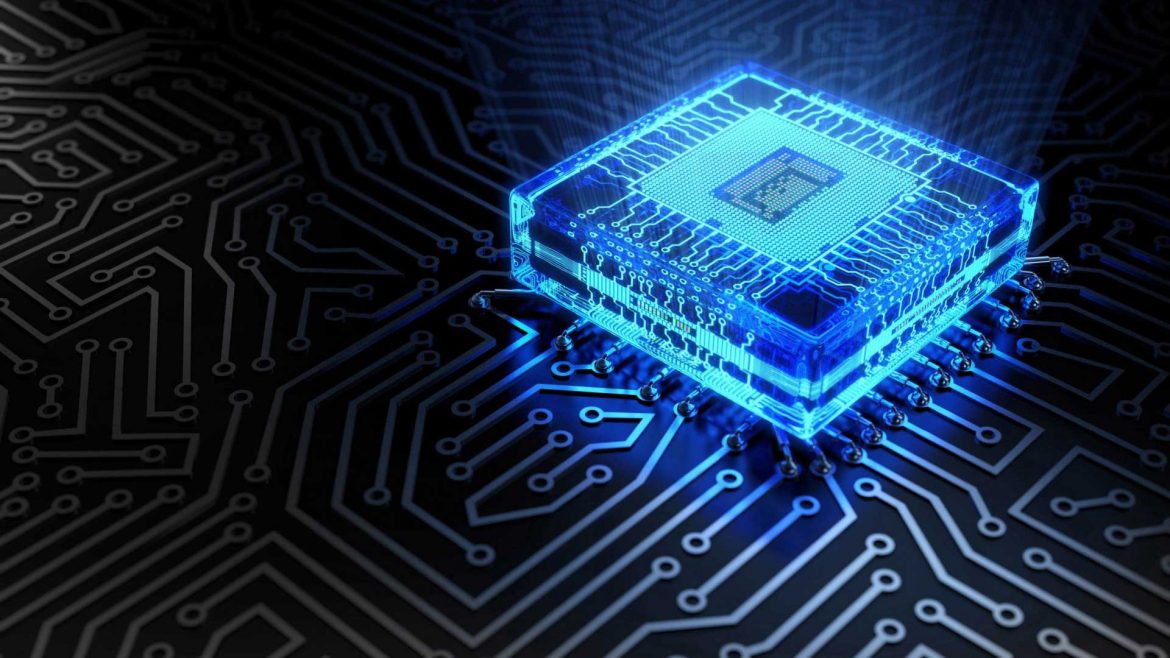In the realm of technology, the chip industry plays a pivotal role in powering the devices we rely on daily. Among the numerous chip companies that have emerged over the years, one name stands out as the epitome of innovation and excellence – Intel Corporation. With a rich history, groundbreaking advancements, and a relentless pursuit of technological prowess, Intel has solidified its position as the most famous chip company in the world.
- The Genesis of Intel:
Intel Corporation, founded in 1968 by Robert Noyce and Gordon Moore, initially focused on producing memory chips. However, it was their visionary decision to shift their focus to microprocessors that would revolutionize the industry. The introduction of the Intel 4004, the world's first microprocessor, marked the beginning of a new era in computing. - Pioneering Technological Advancements:
Intel's commitment to innovation has been unwavering throughout its existence. From the iconic Intel 8086, which laid the foundation for the x86 architecture, to the recent breakthroughs in nanotechnology, Intel has consistently pushed the boundaries of what is possible in chip design. Their relentless pursuit of Moore's Law, which states that the number of transistors on a chip doubles approximately every two years, has led to exponential improvements in performance and efficiency. - Dominance in the Market:
Intel's dominance in the chip industry is evident from its market share and widespread adoption. Their processors power the majority of personal computers, servers, and data centers globally. The Intel Inside campaign, launched in the early 1990s, further solidified their brand recognition and established Intel as a symbol of reliability and performance. - Diversification and Expansion:
Recognizing the need to adapt to evolving market demands, Intel has diversified its product portfolio beyond microprocessors. They have expanded into areas such as memory chips, graphics processing units (GPUs), and artificial intelligence (AI) accelerators. This strategic move ensures their relevance in an increasingly interconnected and data-driven world. - Addressing Contemporary Challenges:
Intel's journey has not been without challenges. The rise of mobile devices and the emergence of competitors in the chip industry have posed significant threats. However, Intel has consistently responded with innovative solutions, such as their Ultrabook initiative and advancements in power efficiency. Additionally, they have actively invested in research and development to maintain their technological edge.
Conclusion:
Intel Corporation's unwavering commitment to innovation, groundbreaking advancements, and market dominance have firmly established it as the most famous chip company in the world. From its humble beginnings to its current position as a technological powerhouse, Intel continues to shape the future of computing. As we embark on an era of artificial intelligence, big data, and quantum computing, Intel's influence and contributions are poised to redefine the boundaries of what is possible in the chip industry.

